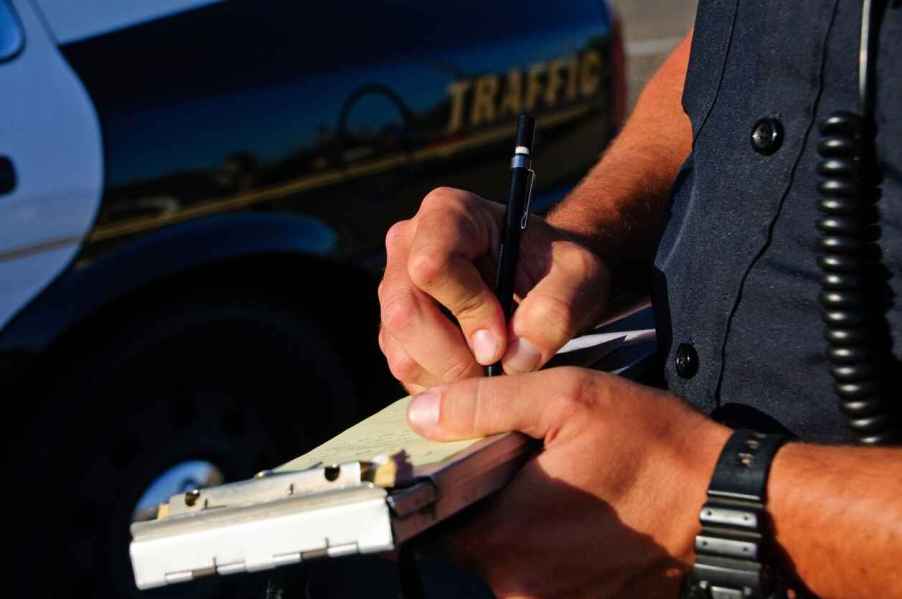
Here’s what can happen if you refuse to sign a traffic ticket
Many drivers have been there: you’re getting a ticket, and the police officer goes over the paper violation and asks you to sign it. While you might not feel like acknowledging the traffic ticket, refusing to sign can quickly lead to much bigger problems.
Signing a traffic ticket isn’t an admission of guilt.
It’s just an acknowledgment that you received the citation and understand that you must address it, either by paying the fine or appearing in court.
In most states, when you refuse to sign, the officer may take “harsh” immediate action. In Ohio, my home state, a police officer can make a physical arrest after warning the driver about what could happen if they don’t sign. Many states enable officers to do the same.
Some states treat refusal as a separate offense, which could mean added fines or penalties. The logic is that if you won’t sign, the officer can’t be sure you’ll handle the ticket properly. They might view it as a potential flight risk or as an attempt to avoid taking responsibility.
It might feel intimidating, but the best course of action is to sign the traffic ticket and contest it later in court if you believe the citation is unfair. The ticket itself usually contains a note that your signature doesn’t mean you agree with the charge.
By signing, you avoid unnecessary complications like an arrest, additional charges, or even higher fines. It keeps the interaction with the officer shorter and safer. If you believe the ticket is wrong, you’ll have your chance to fight it in court. Refusing to sign a traffic ticket just makes the situation worse.



